Portuguese Music
Memories and my playlist
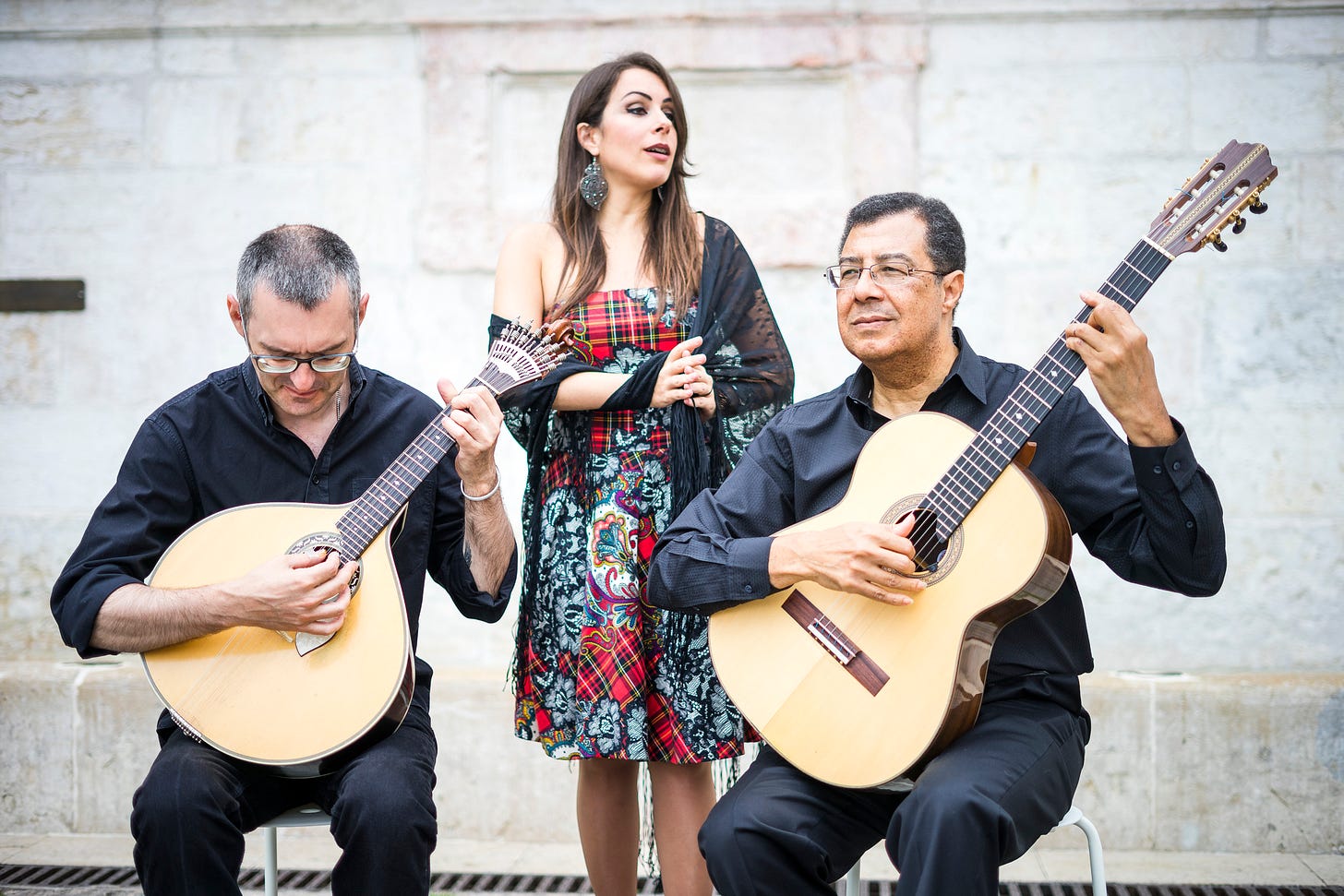
Growing up in the U.S. with musical parents and Portuguese grandparents, I was exposed at an early age to Portuguese music. On Sundays when I visited my paternal grandparents, the Portuguese radio station was always on.
Memories.
My father played guitar and mandolin and my mother played piano and had the most beautiful soprano voice. The neighbors looked forward to hearing mom’s voice in the early summer evenings when she would sing with the kitchen window open, while washing the dinner dishes. My childhood memories also include many family singalongs, but my parents didn’t just sing Portuguese music. Dad loved country music and mom loved the classics. Good memories I keep close.
Fado music.
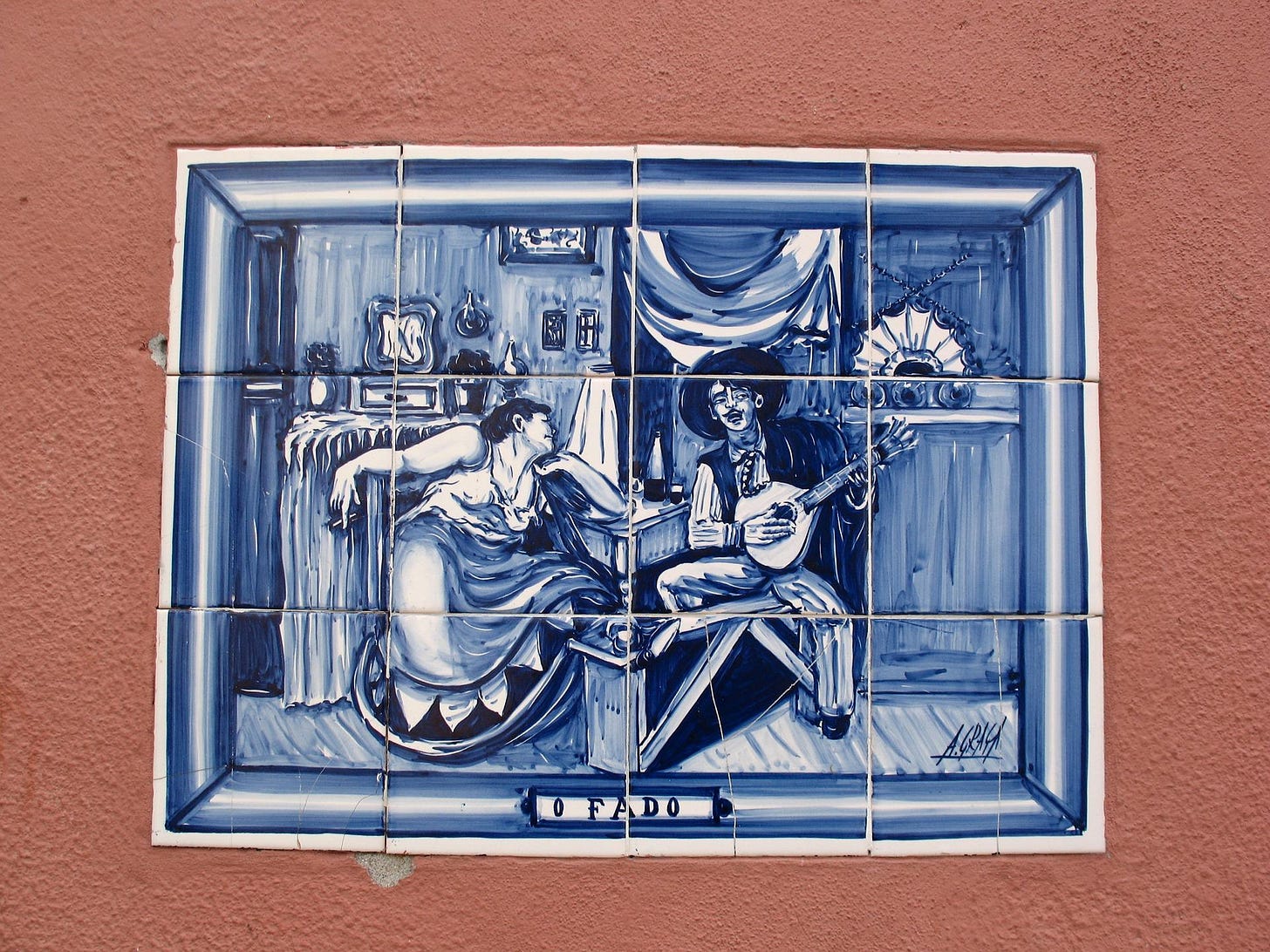
Originating in the 1820’s or possibly earlier, Portuguese fado music is a form of expression sung in a sad, melancholy fashion. The songs are of the hardships of daily life, of loss and of longing. One person sings fado accompanied by one or two guitars or violas. You can listen to fado music in many Portuguese restaurants, cafés, and pubs.
My first introduction to authentic Portuguese fado music was at a little Portuguese restaurant in East Providence, Rhode Island. Paul, me, and my dad would go there for dinner occasionally and listen to the music. It somehow made me feel connected to my Portuguese heritage.
Selections from my playlist.
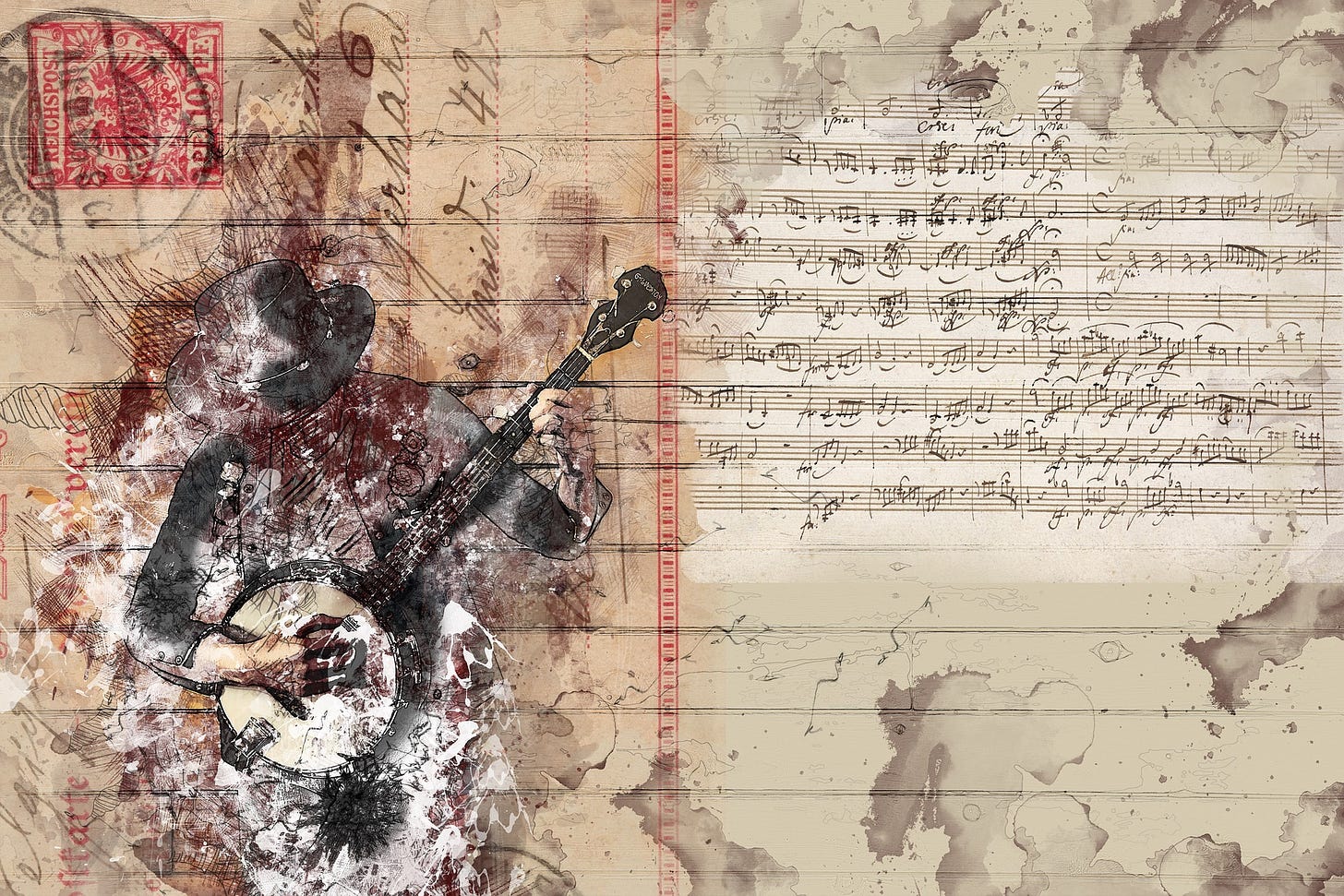
During the years, I’ve listened on and off to several types of Portuguese music. But since we live here now, I think it’s important to learn about the music and the talented musicians of this country – whether from musicians in the past, or those living in present times. I’ve recently been creating playlists on Spotify, so I decided to create one for Our Portugal Journey. Some songs on my playlist are traditional fado tunes while others are more contemporary including some rock and roll.
If you don’t already subscribe to Spotify, you can subscribe for free (but you’ll see ads).
Here are a few favorite selections.
From the past.
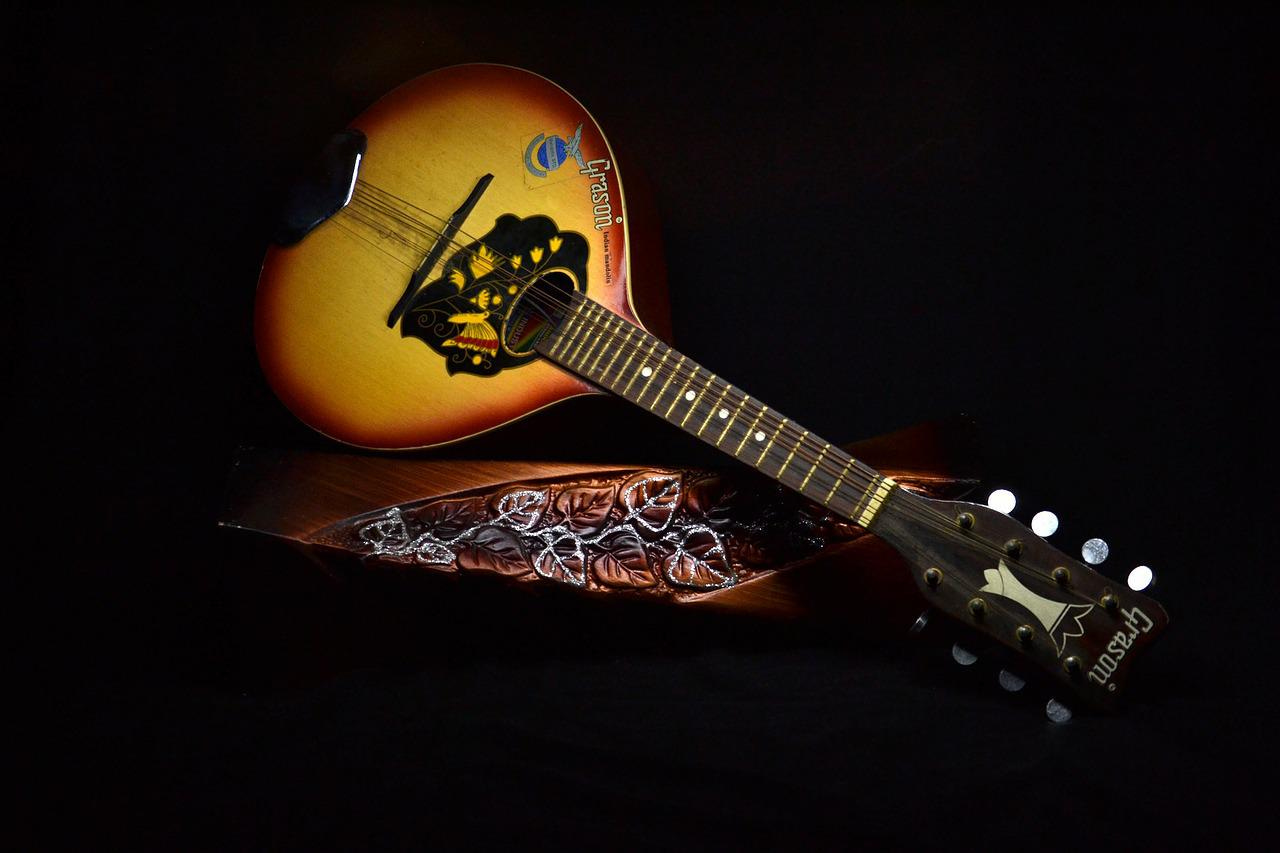
Amália Rodrigues was born in 1920 and at an early age showed promise as a singer. In 1935 she was chosen to sing “Fado Alcantara” in the festival of Santos Populares. Singing in local venues, Amália gained immense popularity and in the 1950’s began touring across five continents. During this time, the singer also appeared in several Portuguese motion picture films including “Capas Negras” where she played the role of Maria Lisboa.
She became the “Queen of Fado” with her distinct posture, and the use of a black dress and shawl when performing.
One of her songs, “Coimbra” stands out for me as it was a song I often heard as a child.
Francisco José was a popular singer during the 1950’s to the 1970’s. He began his musical journey by playing at high school parties in Évora. He attended the Radio Artists Preparation Center in 1948 and he quickly rose in popularity as a successful fado singer. José was noted for his intense vibrato and the clarity of his enunciation. In 1951 he traveled to Spain and recorded one of his most successful songs, “Olhos Castanhos.”
From the present.
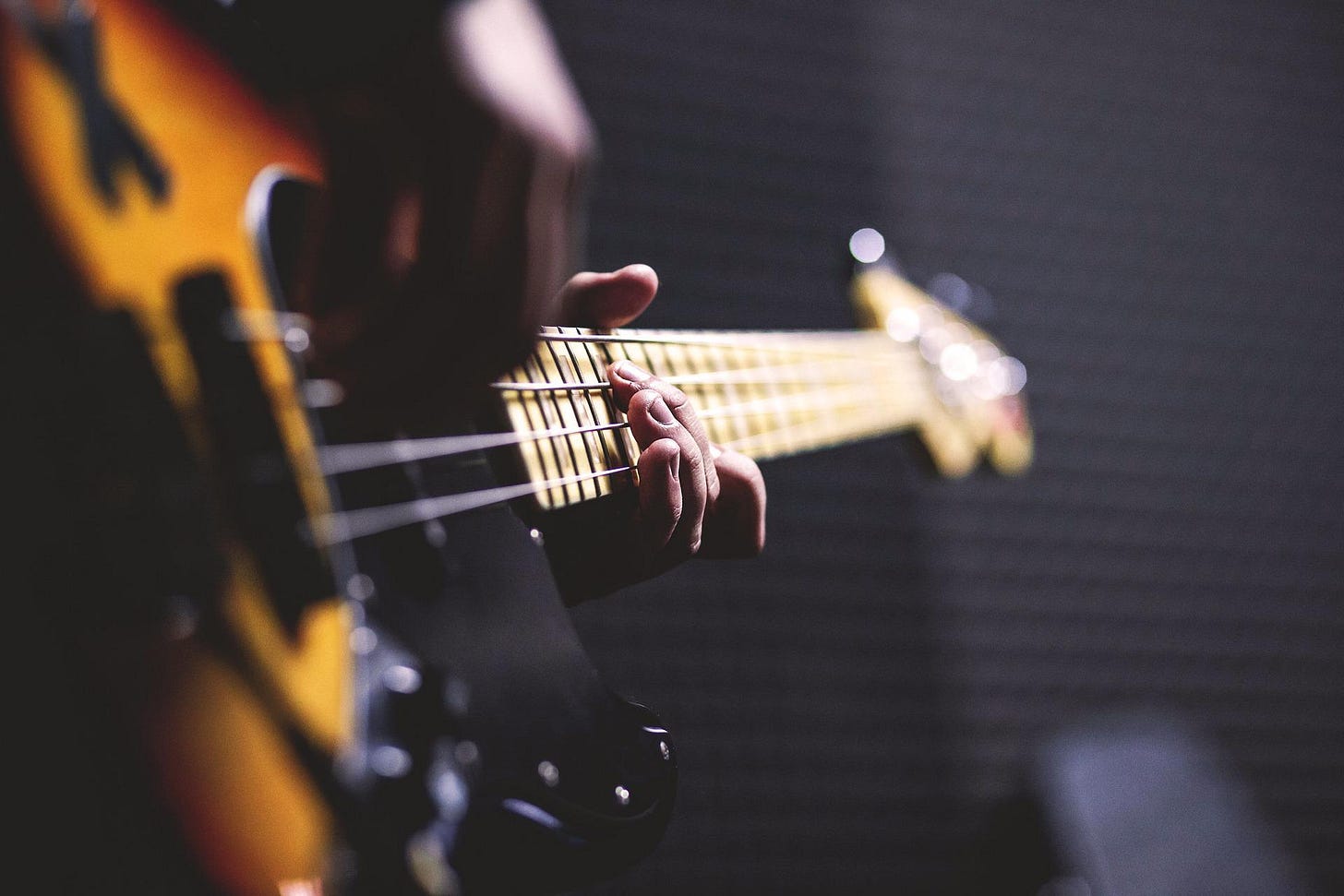
Rui Veloso is a singer-songwriter and musician. He gained prominence in the 1980’s with his rock hit, “Chico Fininho,” earning him the title, “The father of Portuguese rock.” A lover of the blues, Veloso played with the legendary B.B.King when King was on tour in Portugal.
Ana Moura is a Portuguese fado singer who was born in 1979. Early in her career, she sang in numerous nightclubs in Lisbon and gained popularity when she performed fado with Antonio Pinto Basto on television. The singer has been on numerous television shows and has performed with musicians including Mick Jagger and Prince. Her song, “Caso Arrumado” reminds me of the Portuguese fado music I heard as a child.
Sérgio Godinho is a Portuguese singer, poet, songwriter, composer, actor, and film director. Born in Porto, Portugal, Godinho specializes in urban-style music. In the years before the Portuguese Carnation Revolution of 1974, while in exile, Godinho was recognized as a singer of intervention (in the U.S. this would be known as a protest singer), helping to influence the Portuguese to move from a dictatorship to a democracy. His song, “Liberdade” is about the end of the dictatorship in Portugal.
Sara Tavares is a Portuguese musician, singer, and songwriter. She was born in Lisbon, Portugal and is second generation Cabo Verde. Her music is influenced by her African and Portuguese heritage. She blends interesting combinations of gospel, funk, and soul into her compositions to create contemporary world music. Her song, “Balance” is about balancing your life and emotions.
My playlist.
My playlist of Portuguese music is on Spotify and titled, “Our Portugal Journey” where you can listen to my selection of talented Portuguese musicians and singers. It’s a great way to learn about Portuguese music (and it also helps with learning the Portuguese language). Sit back and relax with a cup of coffee or a nice glass of your favorite Portuguese wine.
Hope you enjoy it!
Do you have a favorite Portuguese song or musician? Leave a comment and I’ll be happy to add them to my playlist.
Thank you for reading Our Portugal Journey. This blog is a subscriber supported publication but has no paywall – in other words, you can subscribe for free and receive all the content. However, if you find my content valuable, please consider becoming a Supporting Subscriber for a nominal fee either on a monthly or annual basis right here. Just want to buy me a glass of wine? You can do that here.
Until next time…
Obrigada!
Carol.


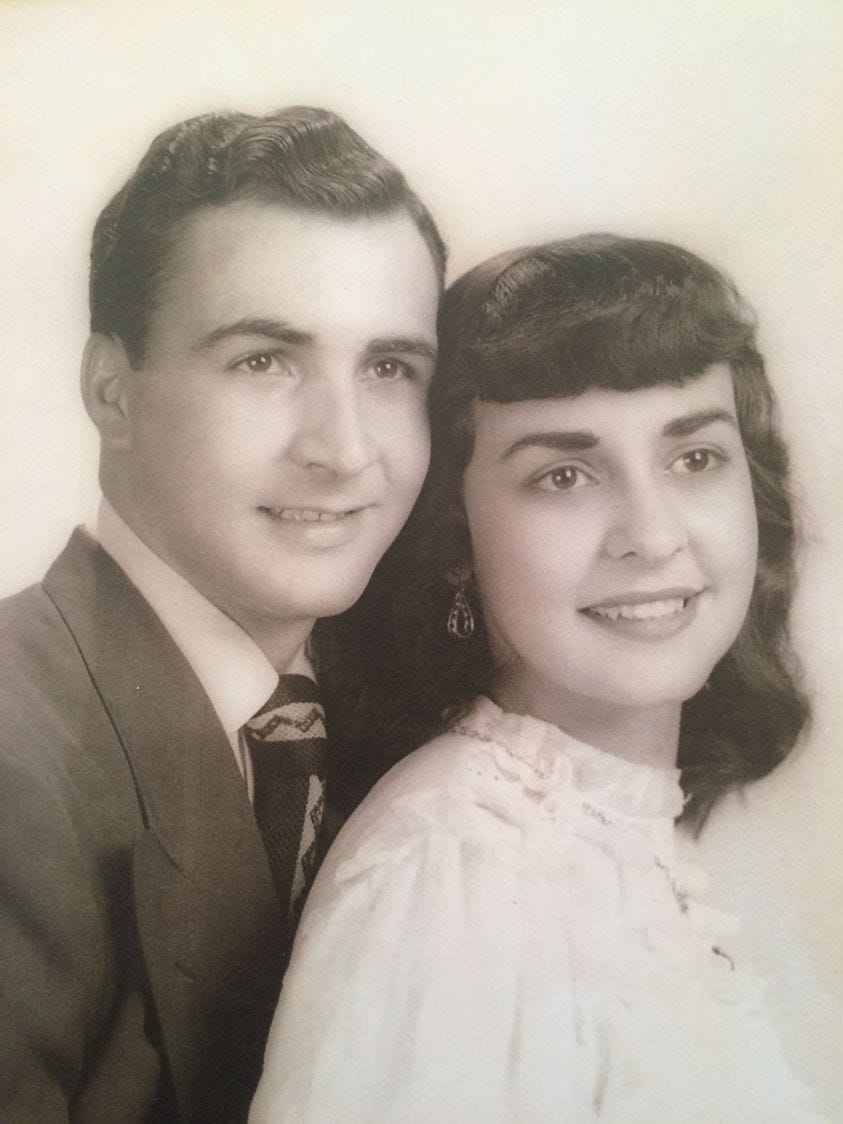


Thank you so much for sharing your story and your music, Carol! I must have an old Portuguese soul, since I’m so drawn to your music and your lovely country! 😉❤️
Thank you for posting about Portuguese music!
I recently discovered Luísa Sobral, a very talented Portuguese musician and composer. I'm not on Spotify, but you may be able to find her there. She's on YouTube and her web site is:
http://luisasobral.com/pt/
Your substack pieces are very well written and most enjoyable!